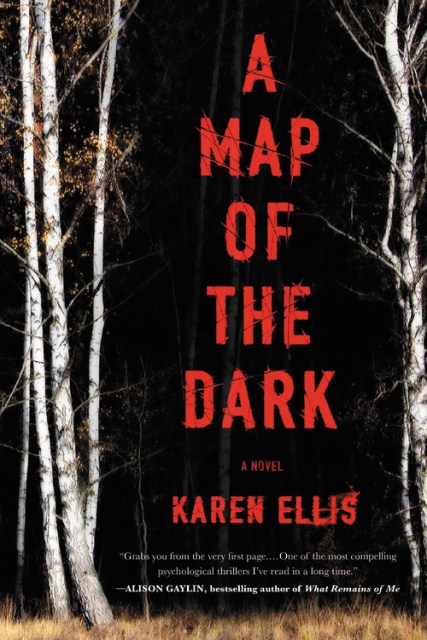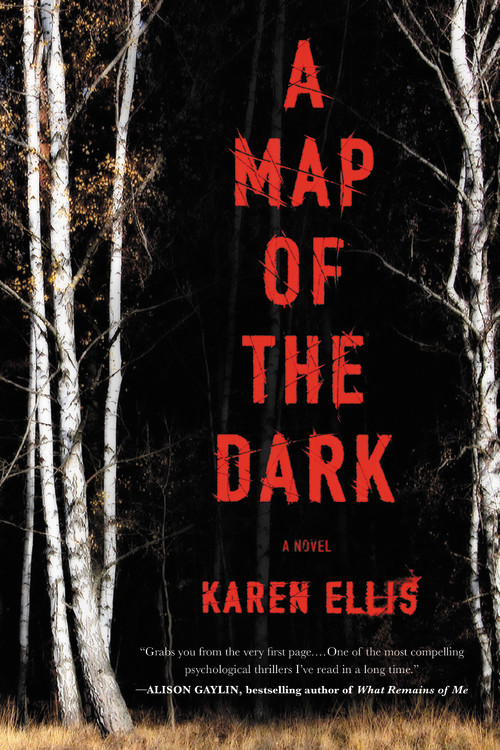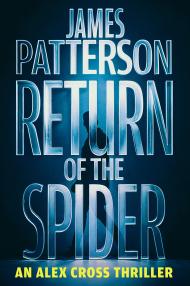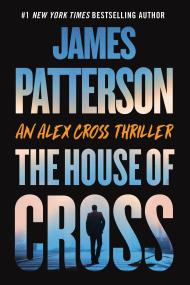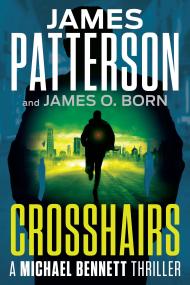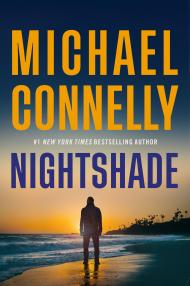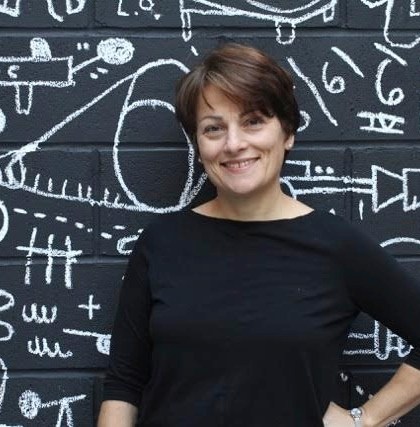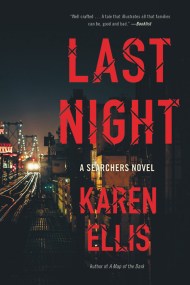By clicking “Accept,” you agree to the use of cookies and similar technologies on your device as set forth in our Cookie Policy and our Privacy Policy. Please note that certain cookies are essential for this website to function properly and do not require user consent to be deployed.
A Map of the Dark
Contributors
By Karen Ellis
Formats and Prices
- On Sale
- Nov 20, 2018
- Page Count
- 320 pages
- Publisher
- Mulholland Books
- ISBN-13
- 9780316505680
Price
$15.99Price
$20.99 CADFormat
Format:
- Trade Paperback $15.99 $20.99 CAD
- ebook $9.99 $12.99 CAD
- Audiobook Download (Unabridged)
This item is a preorder. Your payment method will be charged immediately, and the product is expected to ship on or around November 20, 2018. This date is subject to change due to shipping delays beyond our control.
Buy from Other Retailers:
A race-against-time thriller for fans of Tana French and Megan Abbott: To save a missing girl, FBI Agent Elsa Myers may have to lose herself.
Even as her father lies dying in a hospital north of New York City, FBI Agent Elsa Myers can’t ignore a call for help. A teenage girl has disappeared from Forest Hills, Queens, and during the critical first hours of the case, a series of false leads obscures the fact that she did not go willingly.
As the hours tick by, the hunt for the girl deepens into a search for a man who may have been killing for years. Elsa’s carefully compartmentalized world begins to collapse around her. She can find missing people, but she knows too well how it feels to be lost.
Everything she has buried — her fraught relationship with her sister and niece, her self-destructive past, her mother’s death — threatens to resurface, with devastating consequences. Can our most painful childhood secrets be forgotten? Or will they always find their way back into our adult lives? These questions lie at the heart of A Map of the Dark, a riveting portrait of a woman haunted by her family legacy, and a race-against-time thriller.
Even as her father lies dying in a hospital north of New York City, FBI Agent Elsa Myers can’t ignore a call for help. A teenage girl has disappeared from Forest Hills, Queens, and during the critical first hours of the case, a series of false leads obscures the fact that she did not go willingly.
As the hours tick by, the hunt for the girl deepens into a search for a man who may have been killing for years. Elsa’s carefully compartmentalized world begins to collapse around her. She can find missing people, but she knows too well how it feels to be lost.
Everything she has buried — her fraught relationship with her sister and niece, her self-destructive past, her mother’s death — threatens to resurface, with devastating consequences. Can our most painful childhood secrets be forgotten? Or will they always find their way back into our adult lives? These questions lie at the heart of A Map of the Dark, a riveting portrait of a woman haunted by her family legacy, and a race-against-time thriller.
Series:
-
"[A] thrilling launch of a new series . . . Works well as a solid police procedural and also an in-depth character study . . . Elsa maps out the darkness of a predator that preys on teenagers while navigating her own dark place."Oline Cogdill, Associated Press
-
"One of the most compelling psychological thrillers I've read in a long time, A Map of the Dark grabs you from the very first page and does not loosen its grip. I read this book in a day---I simply could not put it down---but I will be thinking about it for much longer."Alison Gaylin, USA Today bestselling author of What Remains of Me
-
"A Map of the Dark is a taut, tense, exciting read with a sharp and very human protagonist."Reed Farrel Coleman, New York Times bestselling author of What You Break
-
"A terrific novel, wonderfully written, richly populated, and utterly gripping from start to finish"Chris Pavone, New York Times bestselling author of The Travelers
-
"[A] riveting series launch . . . The tight plotting will keep readers turning the pages."Publishers Weekly
-
"[A] satisfying debut . . . Ellis writes with a lyrical economy. . . . Readers will savor getting to know this singular heroine."Kirkus Reviews
-
"Elegant, haunting . . . a far-from-ordinary FBI novel."Literary Hub, "15 Books You Should Read This January"
-
"Tight prose, strong characters, and deft storytelling... A riveting tale that begs to be read in one sitting. Readers who enjoy police procedurals and Karin Slaughter's thrillers will delight in discovering a new voice."Library Journal
-
"A tense tale . . . Compelling . . . A solid choice for readers who enjoy Tana French's Dublin Murder Squad series."Booklist
-
"A beautifully rendered portrait of familial grief, loss, and decades-old demons wrapped inside a terrific race-against-time thriller starring a believably flawed heroine. I hope we haven't seen the last of FBI agent Elsa Myers, whose choices, past and present, will haunt me for a very long time."Sarah Weinman, editor of Women Crime Writers: Eight Suspense Novels of the 1940s & '50s and Troubled Daughters, Twisted Wives
-
"Deftly plotted and packed with blind curves, A Map of the Dark careens into dangerous territory, where Karen Ellis entwines complex storylines with breakneck precision. A must-read for fans of taut, unpredictable psychological suspense."Wendy Corsi Staub, bestselling author of Blue Moon
-
"A riveting, breathless novel, equal parts police procedural and emotional personal journey. Karen Ellis's twisty plot, dark storytelling, and nail-biting action kept me reading far too late into the night. A triumph!"Karen Dionne, author of The Marsh King's Daughter
Newsletter Signup
By clicking ‘Sign Up,’ I acknowledge that I have read and agree to Hachette Book Group’s Privacy Policy and Terms of Use
